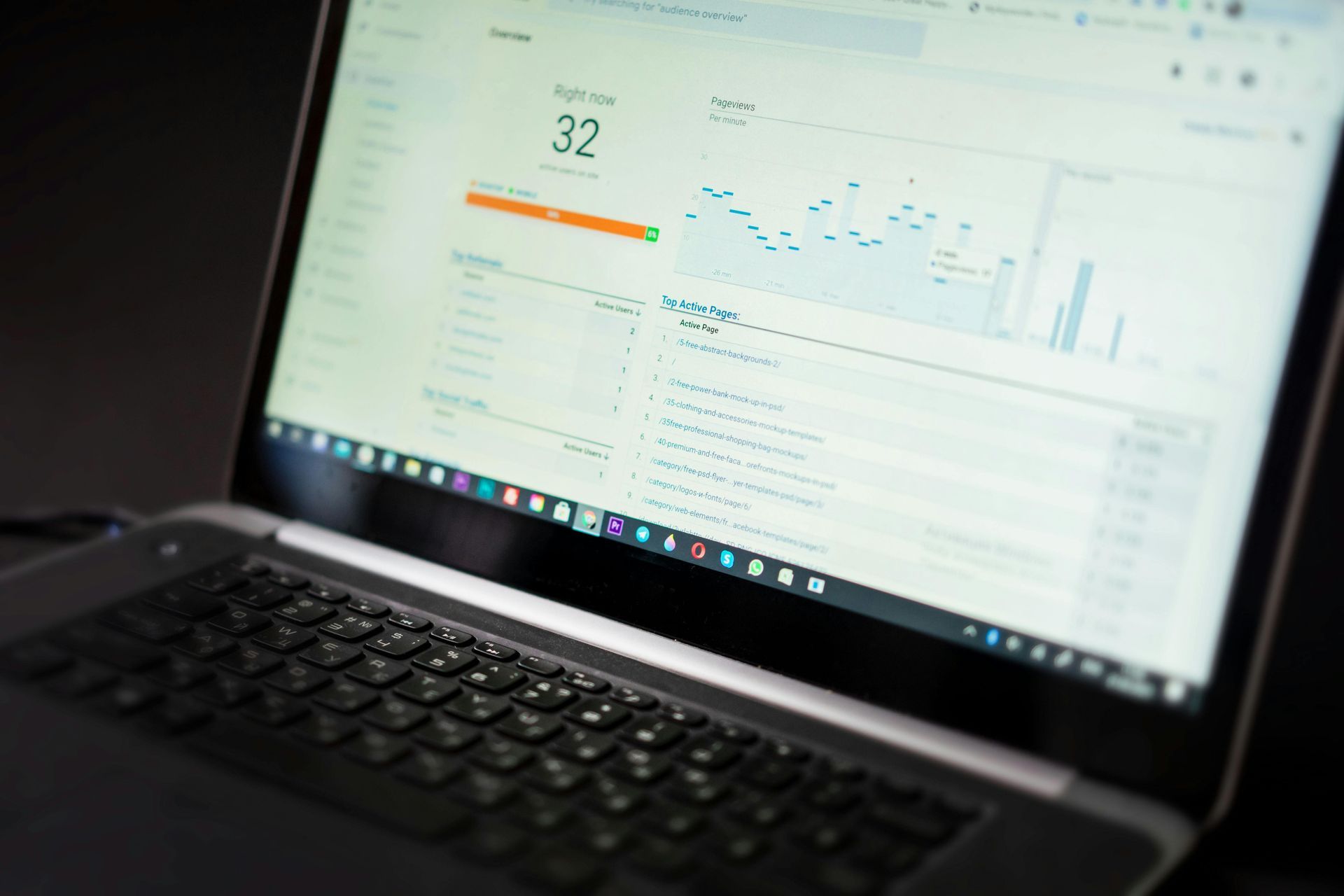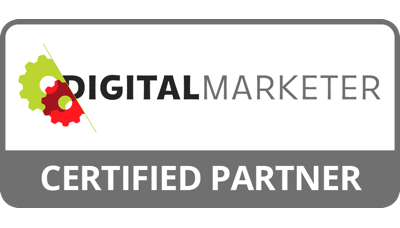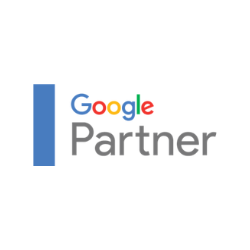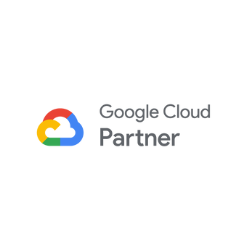Understanding SEO. Some Key Terms and Concepts
SEO Key Terms and Concepts

If you're new to search engine optimization (SEO), the technical jargon and acronyms can seem overwhelming. But don't worry – with a bit of knowledge, you can easily understand the key concepts and terms that are essential to improving your website's search engine rankings. In this post, we'll provide a essential SEO glossary of terms that you need to know.
SERP: Search Engine Results Page
SERP refers to the page that appears after a user enters a query on a search engine. This page displays a list of web pages that are relevant to the user's search.
On-site activity
On-site activity refers to the activities that are performed on a website to improve its search engine rankings. This includes optimizing content, meta tags, images, and other elements of a website to make it more search engine friendly.
Ranking news
Ranking news refers to the latest news and updates related to search engine rankings. This can include changes to search engine algorithms, updates to ranking factors, and other news related to search engine optimization.
Performance
Performance refers to the overall performance of a website in terms of its search engine rankings, traffic, and other metrics. This includes monitoring and analyzing key performance indicators (KPIs) such as organic traffic, bounce rate, conversion rate, and others.
Off-site activity
Off-site activity refers to the activities that are performed outside of a website to improve its search engine rankings. This includes link building, social media marketing, and other activities that help to increase the visibility and authority of a website on the web.
Authority
Authority refers to the perceived expertise and credibility of a website in a particular industry or topic. Search engines use authority as a ranking factor to determine the relevance and quality of a website's content.
Keywords
Keywords are the specific words or phrases that a user enters into a search engine to find information. Choosing the right keywords is crucial to improving your website's search engine rankings.
Organic Traffic
Organic traffic refers to the traffic that comes to your website through search engines, without any paid advertising.
On-page SEO
On-page SEO refers to the optimization of individual web pages to rank higher in search engines and attract more relevant traffic. This includes optimizing content, meta tags, images, and other elements of a web page.
Off-page SEO
Off-page SEO refers to the optimization of factors outside of a website that influence its search engine rankings, such as backlinks and social media signals.
Backlinks
Backlinks are links from other websites that point to your website. Backlinks are important for SEO because they indicate to search engines that other websites consider your content to be valuable and authoritative.
Meta Description
Meta description is the short description that appears below the title tag in search engine results. A well-crafted meta description can improve click-through rates.
Title Tag
Title tag is the HTML element that specifies the title of a web page. The title tag appears in search engine results and is important for SEO.
Alt Text
Alt text is the text description that appears when an image fails to load. Alt text is important for SEO because it helps search engines understand the content of an image.
CTR: Click-Through Rate
CTR stands for Click-Through Rate. It is the percentage of users who click on a link after seeing it in search engine results.
Sitemap
A sitemap is a file that lists all of the pages on a website and helps search engines crawl and index them.
Conversion
Conversion is the end goal for a user. This is typically defined as a purchase or filling out a contact form but conversions differ from business to business and from campaign to campaign.
Conversion Rate
Conversion rate is the percentage of users that complete a conversion during their visit to the site. This is typically
SEO is an effective digital marketing tool that can help your small business increase brand visibility and improve your ranking with search engines. There are many strategies to consider when optimizing a website for SEO including creating quality content, developing a keyword strategy, improving website design and usability, monitoring and analyzing performance data as well as exploring outsourcing options or working with advertising platforms. By following these tips small businesses can boost organic traffic numbers significantly while gaining valuable insights into potential customers’ buying preferences as well.
Contact us for a free no obligation marketing audit and we can explain how SEO can help boost your business.













